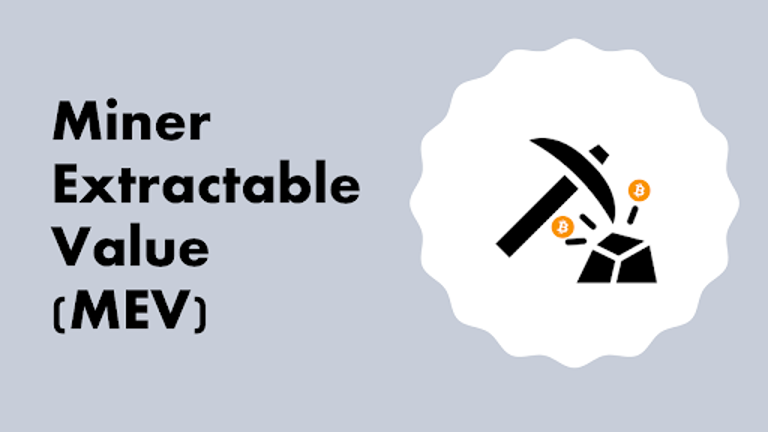Key Insights:
- The Supreme Court’s decision in Loper Bright Enterprises v. Raimondo undermines the Chevron deference, opening new paths for crypto startups to contest expansive federal regulations.
- By eliminating longstanding deference to federal agency interpretations, the Court empowers businesses to demand a more rigorous justification of regulatory measures.
- Recent rulings assert that statutes of limitations for regulatory challenges reset under specific conditions, broadening legal recourse for newer businesses.

The U.S. Supreme Court’s recent rulings are poised to significantly alter the regulatory framework for cryptocurrency startups, potentially easing the burdens of federal oversight. On June 28, in the landmark case Loper Bright Enterprises v. Raimondo, the Court decisively ended the Chevron deference. This doctrine had long required courts to defer to federal agencies’ interpretations of ambiguous statutes, a standard that often left startups navigating a labyrinth of compliance uncertainties.
Regulatory Challenges and Opportunities
For decades, this deference supported an environment where regulatory agencies like the SEC could impose expansive interpretations of laws like the Bank Secrecy Act. The June decision shifts the balance; demanding agencies prove their regulatory interpretations are justified instead, leveling the playing field for businesses contesting overreaching regulations.
Moreover, a subsequent Supreme Court ruling on July 1 clarified the application of the statute of limitations on such challenges. The case, Corner Post Inc. v. Board of Governors of the Federal Reserve System, sided with a North Dakota truck stop that contested debit card transaction fees. The Court ruled that the six-year limitation to challenge federal regulations resets when a business starts operations, not merely from the rule’s publication date.
Long-term Effects and Strategic Considerations
These decisions collectively reduce the hurdles for challenging old and potentially burdensome regulations, encouraging startups to reassess their legal strategies. While the primary cases involved sectors unrelated to technology—fishing and retail—the principles laid down by the Court apply universally, offering a significant boon to the tech and crypto industries.
This development heralds a potential shift towards greater regulatory clarity and fairness, fostering an environment more conducive to innovation and growth in the crypto sector. These Supreme Court rulings mark a pivotal change in how regulatory challenges can be approached, offering startups a fresh arsenal of legal tools to advocate for fair treatment and more straightforward guidelines in the ever-evolving digital landscape.
Personal Note From MEXC Team
Check out our MEXC trading page and find out what we have to offer! There are also a ton of interesting articles to get you up to speed with the crypto world. Lastly, join our MEXC Creators project and share your opinion about everything crypto! Happy trading! Learn about interoperability now!
Join MEXC and Get up to $10,000 Bonus!
Sign Up


